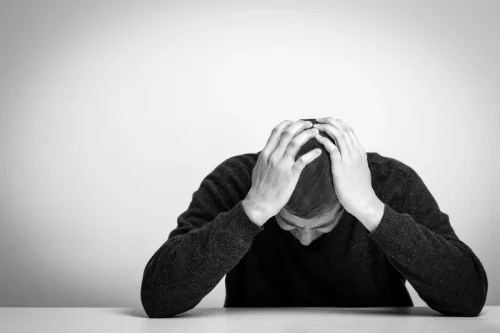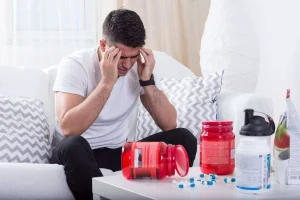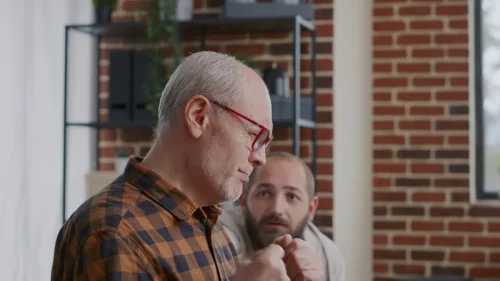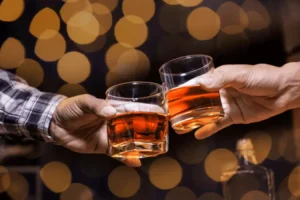
Few studies have examined acute effects of alcohol on motivated behavior and decision making under a level of experimental control that allows causal inferences. For instance, many of the existing studies have used survey data to compare the behavior of people who abuse alcohol to those who do not. Some studies found increased risk taking due to alcohol [11, 13], while others found no effect [10, 12, 14, 15, 19, 20]. Similarly, waiting impulsivity has been found to increase [19] or decrease [16] following alcohol intake, but the majority of studies have found mixed or no effects [10, 11, 14, 15, 17]. Prototypical tasks for altruism and moral judgment have only been included in a minority of studies, with mixed results for both types of tasks [19,20,21,22]. In addition, some studies have used an observational field paradigm, typically approaching people in a bar with a structured questionnaire [22,23,24].
Social Drinking vs. Alcoholism

Their alcohol consumption patterns can range from drinking each weekend with friends to one time per month at a work conference. What’s the difference between social drinkers, problem drinkers and alcoholics? Education is vital, so people don’t put themselves at risk of developing an alcohol use disorder. Everyone should know the warning signs of alcoholism and not ignore https://ecosoberhouse.com/ when social drinking goes too far. Furthermore, research from the Journal of Adolescent Health indicates that exposure to alcohol consumption through social media can lead to increased drinking and binge drinking behaviors among adolescents (Nesi et al., 2017). This suggests that the digital social environment can also play a significant role in shaping drinking habits.

Waiting impulsivity
Do you sometimes find yourself nodding absentmindedly when people talk about things that happened while you were drinking? Do you find periods of time are missing from the previous day’s heavy drinking or binge-drinking episode? Perhaps messages have been sent from your phone that you don’t remember sending, or you find yourself in bed and don’t remember getting home. That’s a blackout and a sign that your social drinking passed a threshold. If you’ve experienced it, that’s a sign that your ability to “control” alcohol use is compromised. Social drinking is often considered “low-risk drinking.” This level of alcohol consumption involves drinking fewer than seven drinks a week and no more than three drinks a day for women.
The Pandemic Changed How We Drink. It’s Time to Go Back to the Joy of Social Drinking
- Social drinkers typically consume alcohol within safe limits, but habits can vary depending on the situation and culture.
- Our main dependent variable was the average number of pumps per trial, excluding trials where the balloon exploded (avg. pumps per balloon).
- If you find yourself defending your drinking patterns, it may be time to examine your drinking behavior.
- Volunteering [16], or using social apps and platforms such as Meetup [17] can be useful in meeting like-minded individuals outside of social drinking settings.
- Francis and colleagues [21] recently conducted a placebo-controlled study on moral judgment, using both traditional moral dilemmas and an adapted virtual-reality moral behavior task.
It is so ingrained in our culture that it’s considered a normal part of everyday life. Drinking is a part of social gatherings, celebrations, ceremonies, and more. Alcohol is considered a drug because it depresses the central nervous system and can disrupt mental and motor skills. social drinking and drinking problem Unhealthy alcohol use can be harmful physically, emotionally, and economically. Social drinking may be an endemic part of our society — and alcohol is an effective social lubricant in some situations — but drinking irresponsibly or excessively can lead to addiction and alcoholism.
Decision-making tasks
- Alcohol use disorder can include periods of being drunk (alcohol intoxication) and symptoms of withdrawal.
- This demographic is classified as consuming no more than two drinks per day for men or one drink per day for women, according to the Centers for Disease Control and Prevention.
- At Recovery Delivered, we offer 100% online medication-assisted treatment for drug and alcohol addiction.
- The invidual may arrive at social gatherings already intoxicated or behave aggressively or anti-socially when drunk.
Setting personal rules, such as limiting the number of drinks or the contexts in which one drinks, can help maintain social drinking as a low-risk activity. The distinction between ‘low-risk drinking’ and ‘harmful drinking’ is crucial to understanding and maintaining a healthy relationship with alcohol. Regular heavy drinking can lead to physical and mental health problems, addiction, relationship difficulties, and legal issues.
Social Drinking: Patterns, Benefits, and Risks
The Global Information System on Alcohol and Health (GISAH) is a tool used to monitor alcohol consumption and policy responses. If problem drinking was an issue in your home as you were growing up, you are at greater risk of developing a problem with alcohol. Calls to our general hotline may be answered by private treatment providers.
- You’ll also have the opportunity to connect with our licensed Reframe coaches for more personalized guidance.
- However, recent trends show a shift, especially among younger generations, with an increasing interest in moderation and alcohol-free alternatives.
- Prototypical tasks for altruism and moral judgment have only been included in a minority of studies, with mixed results for both types of tasks [19,20,21,22].
- Addiction Resource does not favor or support any specific recovery center, nor do we claim to ensure the quality, validity, or effectiveness of any particular treatment center.
- Knowing the difference can help you evaluate your drinking and make changes before you develop an alcohol addiction.
Physicians & Services
Alcohol use disorder


